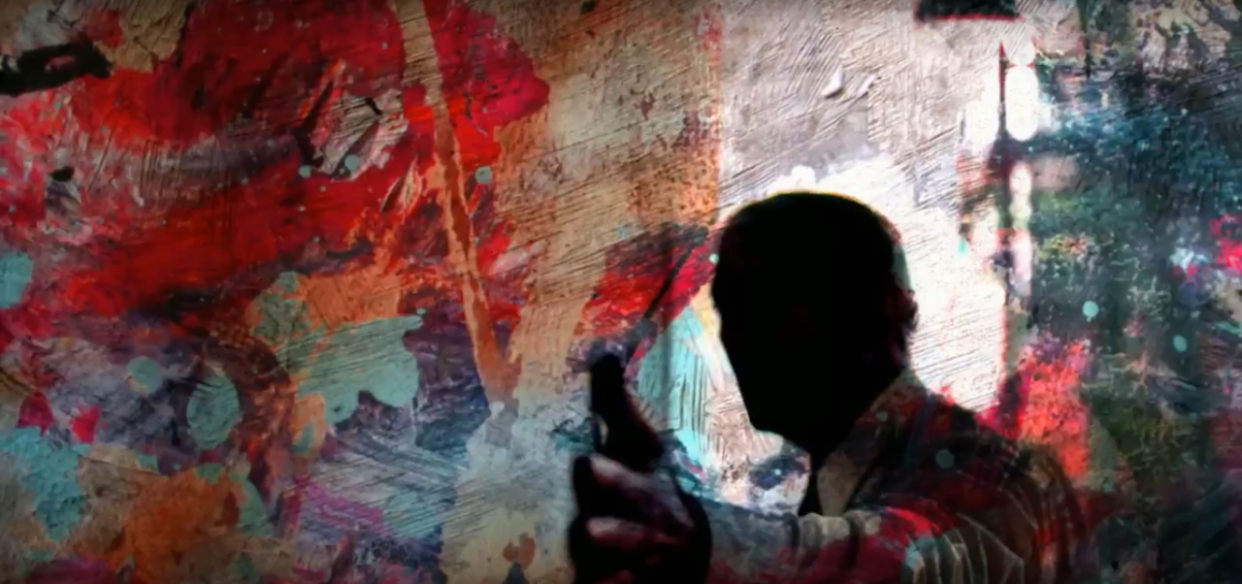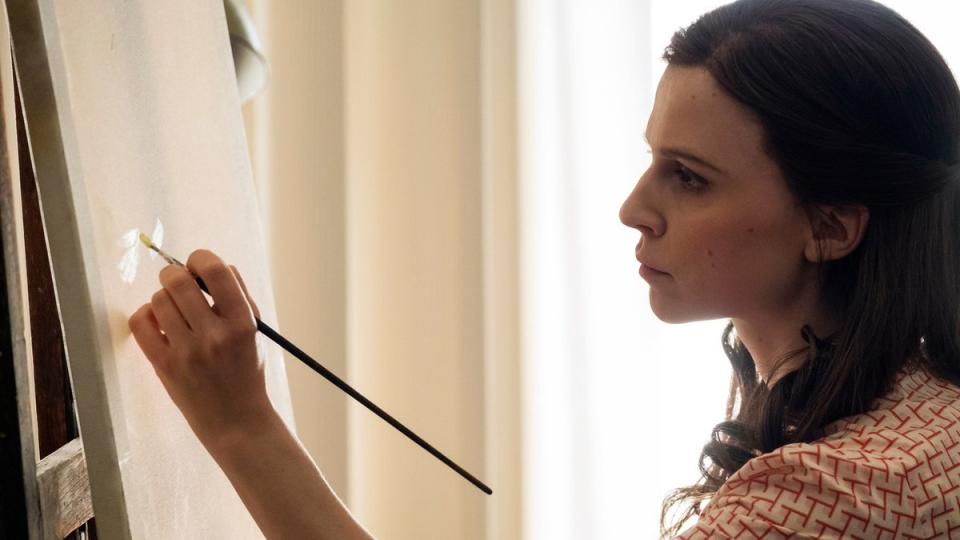'Genius: Picasso' interrogates how gender has defined our understanding of genius

One, perhaps not unreasonable, criticism of Genius: Picasso – indeed, a critique of Genius in general, or at least of its premise – could be that it’s too concerned with the great man theory.
The theory suggests, essentially, that history is shaped by significant, singular individuals; men who, with their intellect, talent, and inspiration, had a decisive impact on the course of history. It’s not difficult to see how Genius follows this line of thinking – the theory sometimes refers to these great men as “heroes”, but it could just as easily dub them “genius”. A counterargument might be, however, that the series in fact has a much broader focus, exploring the people who moved through Picasso’s life, and how they shaped him… shaped him into a great man of history, at least, the retort becomes.
In any case, though, neither this criticism nor the counterargument fully articulates just what it is that Genius: Picasso does so well, and makes it so compelling. Certainly, the series has a clear sympathy for its subject, and it’s difficult to imagine a version of the show that doesn’t. At its most basic level, Genius: Picasso is simply a very entertaining programme; there’s a levity to it, and it’s elevated by the two actors playing the eponymous artist. Both Antonio Banderas and Alex Rich bring an obvious charm to Picasso, and there’s an impressively seamless unity between their performances as the same man at different points in his life. Nonetheless, where Genius: Picasso depends a lot on an appreciation and an affection for the artist, it’s decidedly not a hagiography; it’s at its most interesting when it acknowledges and engages with his flaws and his faults, and the great pain Picasso caused for his great loves.
To understand Genius: Picasso’s approach to the women in Picasso’s life, it’s worth looking at how the drama portrays Dora Maar (). The series weaves back and forth through Picasso’s life, from his youth to his death; while on an episode-by-episode case the transitions can sometimes leave something to be desired in terms of their thematic relevance to one another (though it does improve in later episodes), it’s used quite effectively across the series as a whole. When we first meet Dora, she’s Picasso’s mistress, and he’s visibly tiring of her; it’s not long before he leaves her for another woman, the first time Genius: Picasso shows what fast becomes a pattern. Later in the series, however, we see the Picasso meet Dora for the first time, and Genius: Picasso inverts what became a familiar structure. Dora captivates Picasso, her the great artist whisking him away, the scene so similar to how Picasso waltzed into the lives of so many before. The parallels between them are striking, and Genius is thus emphatic in re-establishing Dora as, at this point, Picasso’s equal and opposite.

More illuminating still, though, is how Genius: Picasso depicts Francoise Gilot (Clemence Poesy), the woman Picasso leaves Dora for, the mother of two of Picasso’s children, and an artist herself. Much like Picasso, Francoise is many things; unlike Picasso, though, she isn’t allowed to be many things, the former of her identities eclipsing the latter.
Her relationship with Picasso – Francoise looking for a mentor, he for a new muse and new mistress – comes to define Francoise’s life and art. Genius draws attention to how the patriarchal expectations imposed on Francoise, by both Picasso and society in general, limit her success as an artist; just a few short weeks after Picasso left Francoise “alone, sick and pregnant to care for a baby for almost a month” while he was in Poland, he objects to her going to Paris, asking “Who’s going to look after the children?” The parallels aren’t subtle – he refuses to look after the children because he “wouldn’t get any work done”, when just a few lines earlier Francoise told an art dealer “I’m afraid I don’t have anything new to show you. I’ve been too busy with the children”. Another moment, reminiscent of many recent #MeToo stories, sees the same art dealer tell Francoise he can no longer represent her, for fear of Picasso’s anger – even after their relationship has ended, Picasso’s influence continues to stymy her art.
Genius: Picasso still isn’t perfect in many regards; for one thing, it lets Dora Maar fall out of the story almost entirely, leaving audiences with the impression she’d died until a caption at the close of the final episode corrects this assumption. Arguably, the show is still too kind to its lead, portraying Picasso in a light perhaps just a little too positive; that said, of course, it’s worth remarking on how the series delivers one final, subtle critique. While Genius: Picasso affords the painter something of a happy ending, reflecting on the friends, family and lovers of his life in a scene that’s sweet and sentimental without feeling unearned, there’s still an underlying critique given it’s a hallucination – a look at what Picasso could’ve had if he hadn’t been, as the drama’s tagline proclaimed, “a piece of work”.
And yet, for all that, Genius: Picasso does do some genuinely interesting work in terms of its depiction of female artists; its interrogation of how gender has defined, and restricted, our understanding of genius isn’t so much subtext as it is openly, emphatically… text. The National Geographic drama isn’t just about great men of history, but about the genius left unacknowledged, the genius that wasn’t allowed to thrive, because of such a traditionally myopic understanding of what is or isn’t genius. Time and time again, Genius: Picasso asks why you’re not instead watching Genius: Maar or Genius: Gilot instead, and the indisputable answer it offers is a suffocating, gendered understanding of genius.
Of course, what’s then more significant is the next step that Genius is taking as an anthology as a whole, with its third season focusing on Mary Shelley – the show itself now too finally acknowledging a woman as a genius.
Related:
Jamestown, and the dynamics of power
The politics, passions and people of A Very English Scandal
Like this article? Hate this article? Why not follow me on twitter for more, or send me a message on facebook to tell me what you thought? You can also find more of my articles for Yahoo here, or check out my blog here.

 Yahoo Movies
Yahoo Movies 

